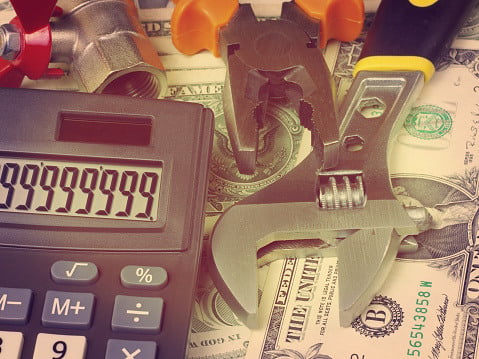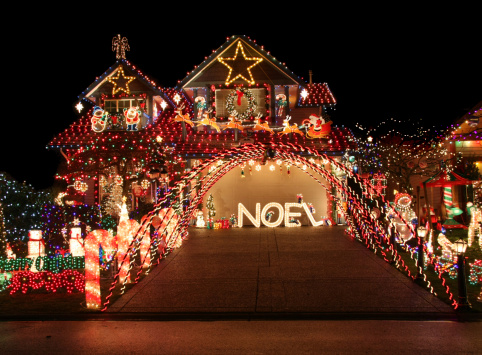 How is a homeowners association born? Where do the board members come from if there aren’t any homeowners yet? These questions are often overlooked, but it’s important to know the answers. The Association was started by someone and understanding the history of your Association may help you and other HOA board members govern more efficiently.
How is a homeowners association born? Where do the board members come from if there aren’t any homeowners yet? These questions are often overlooked, but it’s important to know the answers. The Association was started by someone and understanding the history of your Association may help you and other HOA board members govern more efficiently.
A developer is the one who decides to build a homeowners association. Once a unit sells, the life of the Association has begun. Think of the developer as the parent. They are 100% in control of the Association and set the rules the community is required to abide by. These are outlined in the CC&Rs.
How is the Initial HOA Board Selected?
It’s usually detailed in the CC&Rs that the HOA board is chosen as the properties are being sold. However, before any properties sell, the developer will choose a Board. This could be anyone such as:
- The developer’s spouse or sibling
- An expert they’re working with, such as an accountant or lawyer
- Really, anyone they want!
As the units start to sell, the homeowners will begin to make up the board because they have a vested interest in the Association. A smart developer will also hire an HOA management company to make sure the Association is in alignment with the Davis-Sterling act, and to make sure all of the necessary steps are taken once the majority of the HOA board is made up of homeowners.
What Are the Initial Responsibilities of the HOA Board?
- Making sure all common areas have been deeded over to the Association from the developer.
- Getting records listing all the guarantees, warranties, subcontractors, vendors, and other contacts used throughout the developing process.
- Ensuring the reserve budget and operating budget are both fully funded.
- Transferring bank accounts into the name of the Association.
- Changing signature cards every time a new board member comes on.
- Making sure the operating side of the budget (landscaping, maintenance, etc.) is all in working order.
- Meeting with vendors to make sure there aren’t any issues.
When Does the Developer Move On?
Once all the units are sold then the developer is out of the picture. They will still have a vested interest in the homeowners association because it’s an example of their work as they start building and selling other developments. As the developer moves on and the HOA board takes over fully governing the Association it’s a good idea for the Board to take a look at the governing documents to see if they represent how the new community of homeowners wants the Association to be run now that the developer has moved on.
The CC&Rs reflect how the members of the Association live. The Bylaws reflect how the Association is run. The HOA rules are put in place in the best interest of the homeowners association. There is a specific process put in place to change any of these documents, and that is best done with the help of a trustworthy HOA management company.
To learn more about changing the documents in your homeowners association, check out the related topics below or contact The Hignell Companies for a free evaluation.
Related Articles:The Process of Changing the CC&Rs in a Homeowners Association
5 Questions to Ask Before Beginning the Process of Changing HOA Rules









